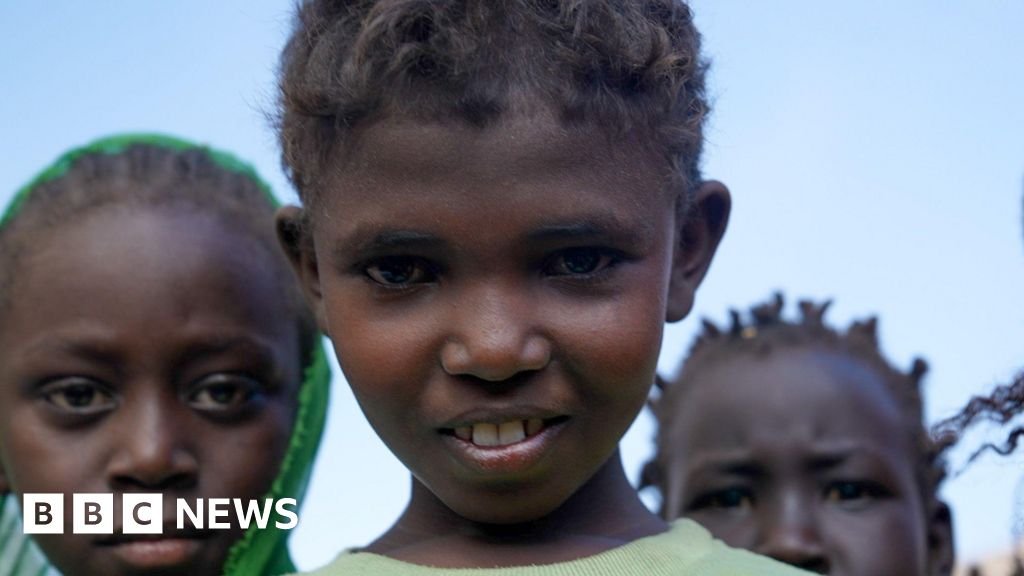Mahmoud is a cheeky teenager who flashes the biggest smile, even though he lost his front teeth in a hectic childhood game.
He is a Sudanese orphan who was twice abandoned and twice resettled during his country’s horrific war, one of nearly five million Sudanese children who lost almost everything as they were pushed from place to place in the world’s worst humanitarian crisis.
Nowhere else on Earth are there so many children on the run, so many people living with such acute hunger.
Famine has already been declared in one area – many others live on the brink of starvation, not knowing where they will get their next meal.
“This is an invisible crisis,” emphasizes the new head of the UN humanitarian service, Tom Fletcher.
“Twenty-five million Sudanese, more than half of the country, are now in need of help,” he adds.
At a time of too many unprecedented crises, with devastating wars in places like Gaza and Ukraine dominating the world’s aid and attention, Mr Fletcher chose Sudan for his first field mission to highlight its plight.
“This crisis is not invisible to the UN, to our humanitarians on the front line who are risking and losing their lives to help the Sudanese people,” he told the BBC when we joined him on his week-long trip.
Most of the people in his team working on the ground are also Sudanese who have lost their homes, their old lives, in this brutal power struggle between the army and the Rapid Support Forces (RSF).
Mr Fletcher’s first visit took him to the Mahmoud Meigom Orphanage in Kassala, eastern Sudan, where around 100 children now live in a dilapidated three-storey house converted into a shelter.

